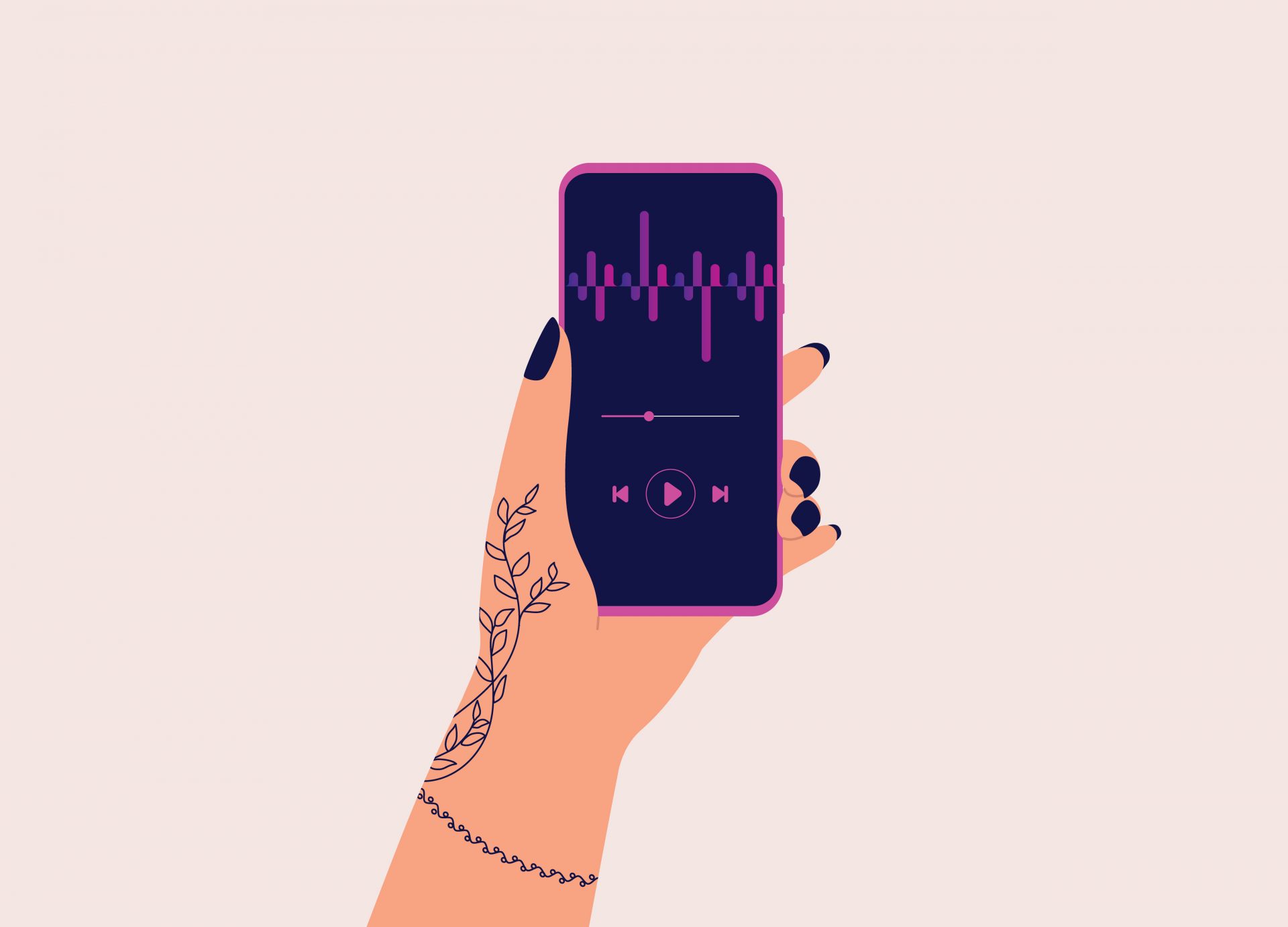The psychology behind our obsession with sharing end-of-year lists

From Spotify Wrapped to ‘top nine’ posts on Instagram, we can’t get enough of features that crunch the data on the last 12 months. But what’s behind the impulse to share these stats on social media?
’Tis the season to share your end-of-year highlights online.
Last week saw Twitter and Instagram flooded with colourful screenshots from Spotify Wrapped, the music streaming platform’s annual deep dive into its users’ listening data, complete with weird, wonderful and sometimes downright embarrassing stats about what’s really going on in our headphones. Full disclosure: in the year 2022, my top artist was not Taylor Swift, Beyoncé or even ABBA, as I’d have predicted, but The Beatles. There truly is nothing like being on the cutting edge of popular culture.
It’s not just our music tastes we’re sharing. If you’re chronically online, December often means a scramble to quantify the past 12 months, whether that’s through curating a list of your favourite films or books through a platform like Letterboxd or Goodreads, posting your year-end exercise stats or getting involved with the ever-popular ‘top nine’ trend on Instagram, which stitches together your most-liked photos from the past year in one handy, ready-to-post square.
But what’s behind our need to appraise our years in this way, and why have we become so hooked on sharing the results? Has spending the past 15 years on social media just turned us into incorrigible humble braggers?
First, we need to examine our more general impulse to share online. According to Robert Brennan: “[Humans] are social animals, so we are hardwired for connection; the survival of humans depended on the ability to connect in groups for safety, so we’ve got that inside us.” Now, Brennan says, many of us tend to live quite an isolated life; we might see our family and have a job or go to school, but we’re not living in a community – we’re not having that constant connectivity.
Social media networks have become a way for us to regain some of that connectivity, but in a very different way – one which uses “the dopamine reward pathway to keep us in that hyper-connected world”, Brennan says.
Dopamine is a neurotransmitter that is part of the brain’s reward system, and contributes to helping us feel pleasure. “Dopamine is produced when we get a ping of information, when we get an update or get a message [online],” Brennan explains. This creates a cycle of behaviour. “We get a dopamine response from [friends] liking our picture, which incentivises us to share more… [it] gives us a bit of validation, and it’s all a natural neuro-scientific human reward process,” he adds. So, sharing online activates a feel-good response, which makes us want to do it again. And again. And again.
It’s not just connection that humans are hardwired to crave; we also love “certainty”, Brennan says, which translates into a fascination with facts and statistics – especially when they’re about us. “[The American writer] Dale Carnegie said that humans are fundamentally self-interested,” Brennan says, “and he was right in many ways, because we like information about ourselves.” Statistics and information help us feel in control, he says, so if we can create some more certainty and control, it’s going to make people feel more comfortable, more happy and more relaxed, generally speaking.”
Features like Spotify Wrapped have cleverly tapped into this, combining our impulse to share and our desire for “knowledge and certainty”, Brennan notes, because of the inherent connectivity of humans, with our inherent curiosity and nosiness.
There might be more to the ‘top nine’ and curated end-of-year posts than just humble-bragging. Looking back at our achievements is an important way of recognising the progress we’ve made, fostering a more positive attitude in the months to come. “One of the key elements of experiencing psychological flourishing is cultivating a sense of accomplishment,” says positive psychologist Niyc Pidgeon. “When we recognise we’ve made progress, it helps boost our levels of positivity and improves our wellbeing.”
Reflecting on our accomplishments by making a list, she says, can help you see how far you’ve come, and this reflective process helps you to connect with yourself more deeply. Sharing them, Pigeon adds, can give you a chance to “hold yourself accountable to new goals you set for yourself. Rather than bragging, sharing your reflections and celebrations on social media can help you then create and work towards goals for the future.”
“Past successes”, she says, “actually help us to feel more confident and optimistic about the future too – and the more accomplished you feel, the happier you become.”
Images: Getty
Source: Read Full Article
